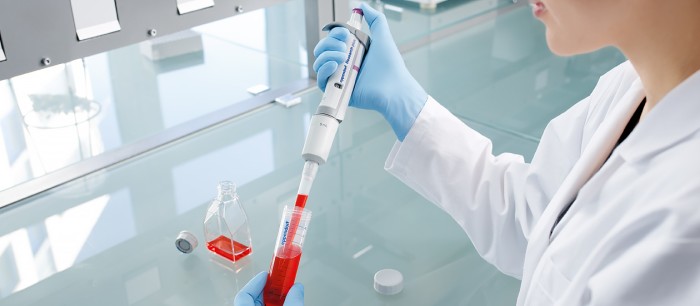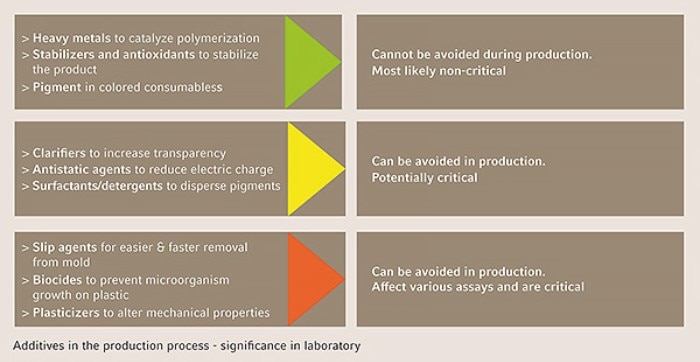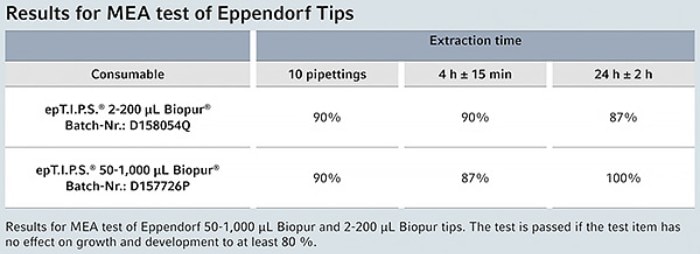-
-
-
-
- Forum Labo 2025
- Advanced Therapies Week (ATW) 2025
- SLAS Europe 2025
- Medlab Middle East 2025
- Biologics World Nordics 2025
- Bioprocessing Summit Europe 2025
- BioProcess International Europe 2025
- ASIA LABEX: The Lab Show 2025
- SLAS International 2025
- ISEV 2025
- Future Labs Live 2025
- DataHow Symposium 2025
- Cell 2025
- LabDays 2025
- ASIA LABEX: The Lab Show 2025
-
-
-
-
- Forum Labo 2025
- Advanced Therapies Week (ATW) 2025
- SLAS Europe 2025
- Medlab Middle East 2025
- Biologics World Nordics 2025
- Bioprocessing Summit Europe 2025
- BioProcess International Europe 2025
- ASIA LABEX: The Lab Show 2025
- SLAS International 2025
- ISEV 2025
- Future Labs Live 2025
- DataHow Symposium 2025
- Cell 2025
- LabDays 2025
- ASIA LABEX: The Lab Show 2025
-
- Benchtop Centrifuges
- Floor-Standing Centrifuges
- Refrigerated Centrifuges
- Microcentrifuges
- Multipurpose Centrifuges
- High-Speed Centrifuges
- Ultracentrifuges
- Concentrator
- IVD Products
- High-Speed and Ultracentrifuge Consumables
- Centrifuge Tubes
- Centrifuge Plates
- Device Management Software
- Sample and Information Management
-
- All Pipettes, Dispensers & Automated Liquid Handlers
- Mechanical Pipettes
- Electronic Pipettes
- Multi-Channel Pipettes
- Positive Displacement Pipettes & Dispensers
- Automated Pipetting
- Bottle-Top Dispensers
- Pipette Controllers
- Pipette Tips
- Automation Consumables
- Dispenser & Pipette Accessories
- Automation Accessories
- Dispenser & Pipette Services
You are about to leave this site.
Please be aware that your current cart is not saved yet and cannot be restored on the new site nor when you come back. If you want to save your cart please login in into your account.

Leachables: Minimizing the Influence of Plastic Consumables in the Lab
Lab Academy
- Pipetting & Dispensing
- Quality
- Contamination
- Pipette Tips
- Vessels
- Essay
Many life sciences laboratories still underestimate the influence of substances which may leach from plastic consumables. These "leachables" are capable of interfering with experiments to a large degree. With our long-standing expertise in manufacturing high quality plastic consumables, the entire process chain receives due consideration during development and production of epT.I.P.S.® pipette tips. This translates to: Only carefully selected raw materials are used, which were not recycled. During production, neither plasticizers, nor biocides or mold release agents are used, since especially these additives have been linked to leaching effects which may negatively influence your experiments.
Read more
Read less
Videos not loading, because cookies have been rejected. Change your

Additives easing production process (plasticizers, biocides, slip agents) are known to disturb biological assays. Thus their use must be avoided. Additives needed for product characteristics (e.g. not becoming brittle) are decreased to a minimum. Which substances may leach out of the plastic and if these are critical for assays is described by following graphic.
Read more
Read less

Due to the very short period of contact, the time window for transmission of leaching substances is very short. Recent scientific literature discussed that there may be effects after increasing the number of pipetting steps indicating a cumulative effect. For this reason a MEA test (Mouse-Embryo-Assay) performed by an exernal accredited and FDA-registered laboratoy, can show whether cell embryos are influenced by molecules from e.g. additives leaching out of the plastic of tips. Mouse-Embryo-Assays are sensitive to substances disturbing growth. Thus Mouse-Embryo-Assays (MEA) are a good validation of influence by leachables. Pipette tips have shown not to influence the growth of mouse embroys.
Read more
Read less

Proof of compliance with requirements of standards, guidelines and regulations that apply to biological, diagnostic research and industrial laboratories can be provided with product specific certificates for absence of surface active additives.
Read more
Read less
